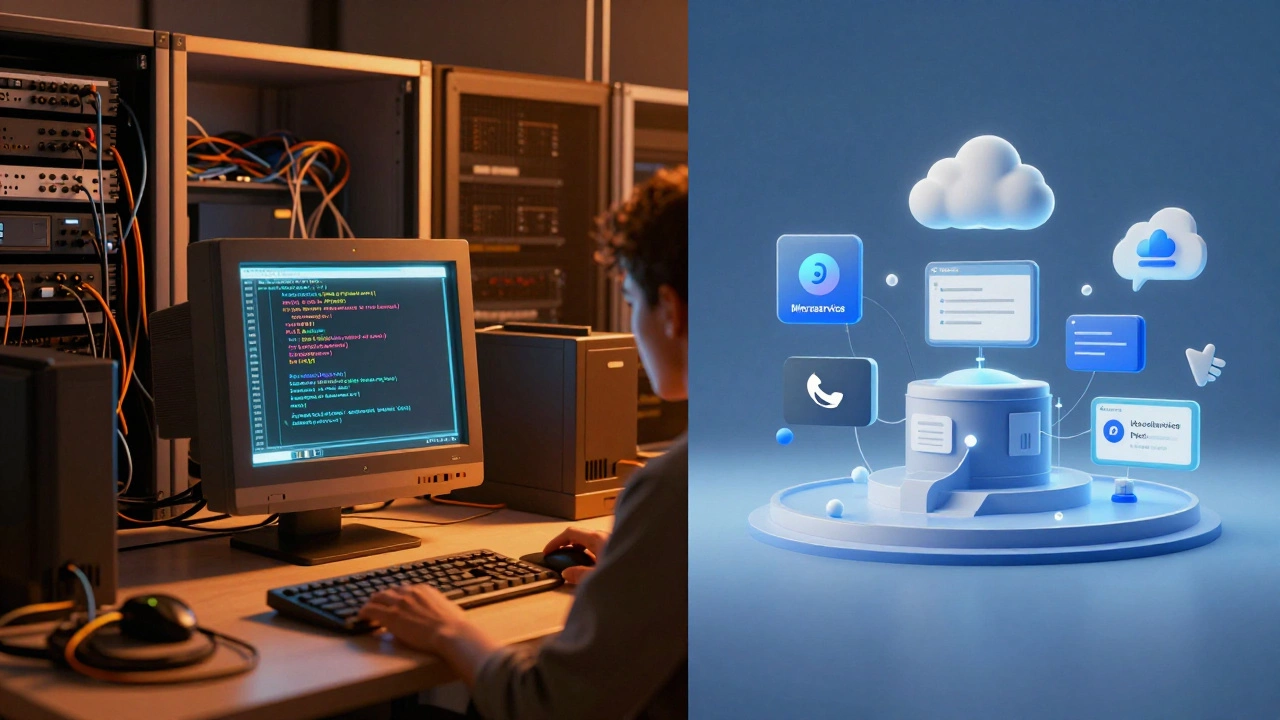If you’re wondering whether PHP still has a seat at the web‑development table, the answer is a clear yes. In 2025 the language runs behind millions of sites, powers popular CMS platforms, and gets regular updates that keep it secure and fast. Below you’ll find a quick rundown of the biggest reasons to keep PHP in your toolkit, plus a handful of fresh reads that dive deeper into specific topics.
First off, the ecosystem is massive. WordPress alone powers over 40% of the web, and WordPress runs on PHP. That means any developer who can write clean, modern PHP code instantly taps into a huge market of client projects, from small blogs to enterprise portals.
Second, the language has caught up with modern development practices. PHP 8.2 introduced just‑in‑time compilation, attributes for better metadata, and a much tighter type system. Those features let you write code that’s as fast as Node or Python while keeping the simplicity you love.
Third, hosting options are cheaper than ever. Shared hosting plans that support the latest PHP version cost a fraction of what a cloud VM costs, so small businesses can launch sites without breaking the bank.
Finally, the community stays active. Conferences, podcasts, and open‑source libraries keep the knowledge flow steady, so you’re never left in the dark about security patches or performance tricks.
To help you stay ahead, we’ve gathered the most relevant posts from JLC Web Design that touch on PHP, backend development, and related tech trends. Each article is written in plain English and gives you actionable tips you can apply today.
Can You Learn Backend Without Frontend? – This piece explains why you can start with PHP on the server side without worrying about HTML or CSS. It breaks down the essential tools you’ll need and suggests a beginner‑friendly learning path.
Does JavaScript Help SEO? – While not about PHP directly, the article shows how server‑side rendering with PHP can improve SEO performance, especially when JavaScript slows down page loading.
Which URL Is Better for SEO? – Learn how to structure clean, keyword‑rich URLs in PHP frameworks like Laravel or Symfony to boost rankings without over‑optimising.
JavaScript Backend or Frontend? – A quick comparison that helps you decide when to pair PHP with Node.js for a hybrid architecture, weighing performance and developer productivity.
Python with HTML: Can It Replace JavaScript? – Although Python isn’t a PHP replacement, the article highlights scenarios where a PHP‑backed API can serve dynamic content to a Python‑driven front end.
These reads give you a solid overview of how PHP fits into broader web‑development strategies, from SEO to API design.
In short, PHP in 2025 isn’t a relic—it’s a robust, evolving tool that powers real‑world projects at every scale. Keep sharpening your PHP skills, stay aware of the latest version features, and use the articles above to fill any knowledge gaps. Your next client or side project will thank you for it.

PHP isn't dead, but it's no longer the go-to choice for new web projects. Discover why developers moved to JavaScript, Python, and Go - and when PHP still makes sense today.
Read More
Thinking about learning PHP in 2025? Here's a direct look at PHP's current role, real-world impact, and where it actually fits for jobs and web projects today.
Read More